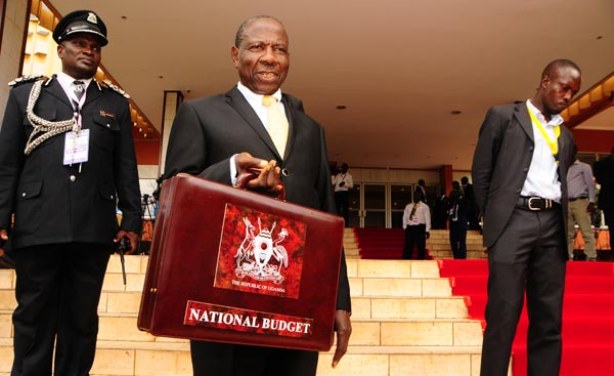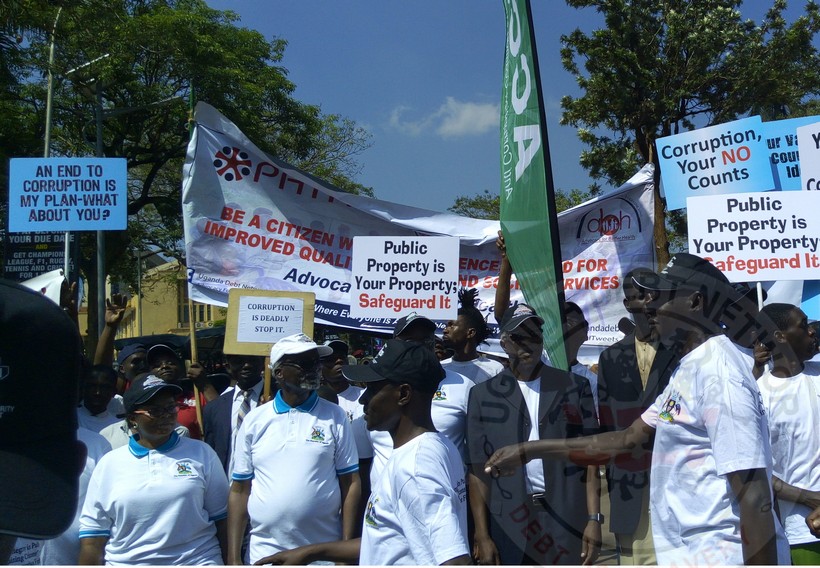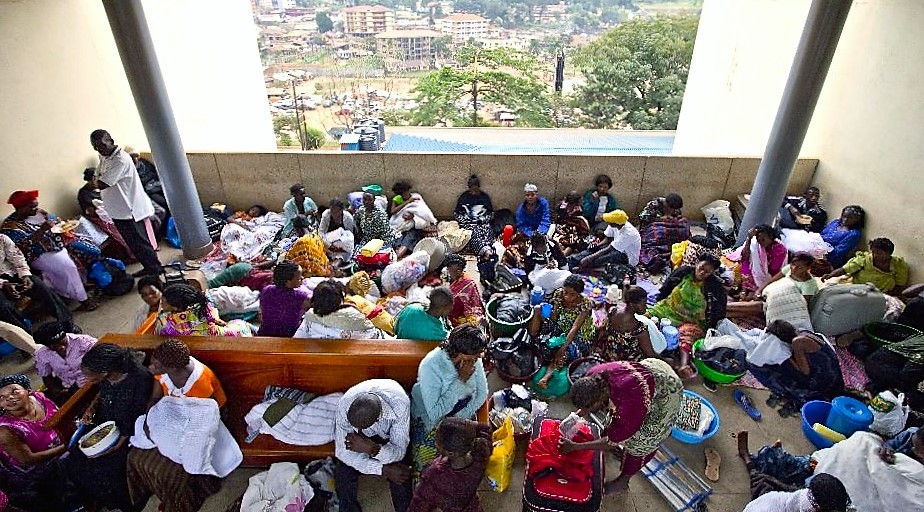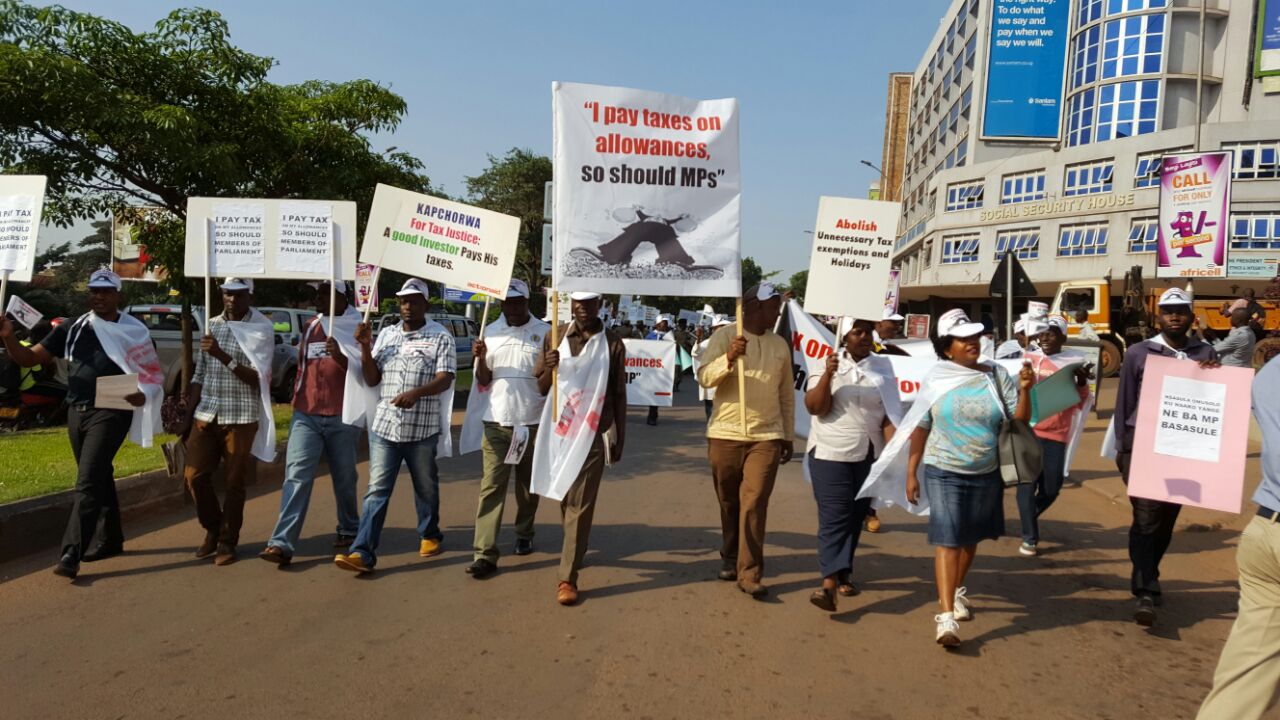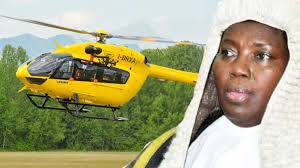
One of the Parliamentary items in FY 2017/18 (Budget Framework Paper 2017, p. 345) is the purchase of motor vehicles and other transport equipment worth UGX 22.5 billion. These other equipment include a Helicopter Airbus EC 145 -9 seater for the Speaker and Deputy Speaker of Parliament, estimated to cost UGX19.5 billion. The justification given for this is the need to strengthen institutional capacity of Parliament to undertake its constitutional mandate effectively and efficiently.
Monitoring the implementation of Government programmes is indeed one of the core responsibilities of a Member of Parliament. It enables them to legislate on behalf of the citizens from an informed point of view and this is why they are given vehicles, fuel and vehicle maintenance allowances inter alia to facilitate their movement. The move to procure a helicopter for the Speaker and Deputy Speaker must therefore be backed by adequate proof that their motor vehicles are inefficient, but also that there are key economic advantages for the country associated with acquisition of the helicopter as opposed to the fact that it will benefit a few individuals and necessitate huge spending in terms of purchase and maintenance with no economic returns.
The citizenry must also be persuaded that the acquiring the helicopter has a direct contribution to their welfare change and ultimately, the potential to drive the country towards the National Development Plan (NDPII) goal of “propelling the country towards middle income status by 2020, through strengthening the country’s competitiveness for sustainable wealth creation, employment and inclusive growth”.
In the absence of evidence to show the urgency of the helicopter, it cannot be a national priority over emergencies currently facing the country; like the food security situation which, according to the Statement of the Minister of Agriculture, Animal Industry and Fisheries on the Food Security Situation in Uganda, dated 9th January, 2017- ranges between minimal and crisis. The country has experienced an average crop loss of 40% for pulses and 80% for cereals from the first season harvests, hence a decline in the number of food secure people from 89% in December 2015 to 83% in July 2016.
This has also led to an increase in the population under food security stress from 10% to 16%. The Minister notes that the total population in need of relief food, as of November, 2016 stood at about 1,300,000 people. UGX 26.63 Billion (approximate total of the proposed helicopter together with the Presidential handshake) is needed to avail quick maturing food security planting materials (especially to farmers in lsingiro district) in season one of 2017.
The 2016 Annual report of the Auditor General on the Financial Statements of GOU also raises concerns of drug stock outs at the Uganda Cancer Institute in 2016. There was a deficit of UGX.5, 513,878,851. National Medical Stores was unable to deliver items worth UGX.597, 823,943 due to non-availability of the specialized supplies, attributable to the inadequate allocation of funds for drugs and supplies.
It is therefore important that Government gives priority in terms of funding, to urgent issues facing the country. It should also draw lessons from missed opportunities from which the national resource envelope would otherwise be enlarged- case of Ministry of Energy and Mineral development assessing royalty and awarding export permits for only 93kgs of gold worth UGX.11.822Bn, thus realizing UGX. 0.365Bn in revenues; yet collaborative reports from the Customs and Excise Department (URA) indicated that 5,316 kgs of gold had been exported with a total value of UGX.698Bn.
Government should have therefore collected between UGX.6.98Bn and UGX.34.9Bn in royalties. This was also reported by the Auditor General in his 2016 report to Parliament. Government would also do good to implement the Auditor General Reports recommendations.





